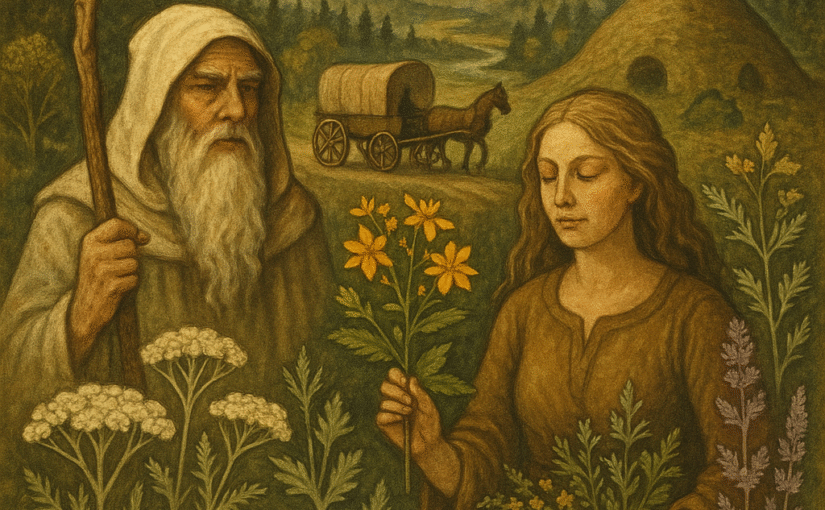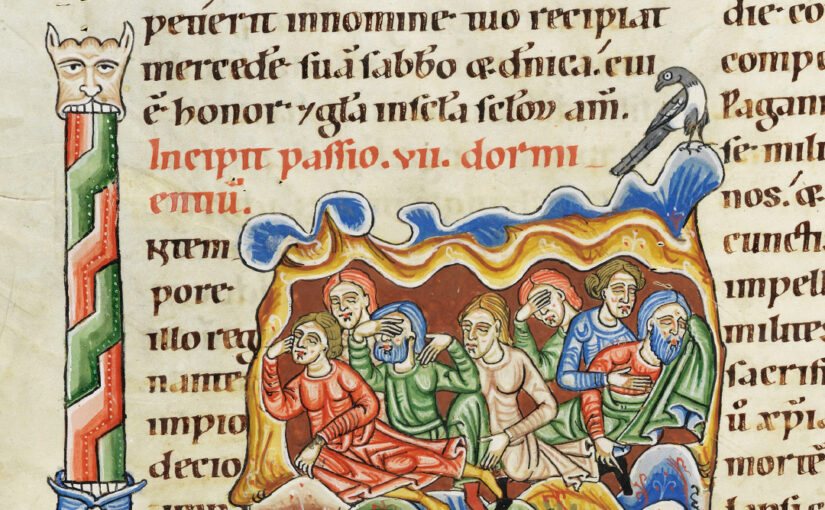The world of folk medicine is a living tapestry woven from generations of knowledge, rituals, and botanical wisdom. At its heart lies a profound connection to the land and its native plants, a relationship that has shaped healing practices for millennia. Today, as we turn to herbal remedies for wellness, we are often unwittingly drawing from traditions that stretch back to the ancient Celts and Germanic tribes. Remarkably, nearly half of the plant species still used in modern herbal medicine were already recognized and utilized by these early European peoples, highlighting the enduring legacy of their healing heritage.
Continue reading Healing plants from Celtic and Germanic legaciesCategory: Uncategorized
Lesser-Known Myths from Teutonic Mythology: A Linguistic and Cultural Exploration
Teutonic mythology, encompassing the beliefs and narratives of the Germanic peoples, offers a rich tapestry of stories that extend far beyond the well-known tales of Odin, Thor, and the Ragnarok prophecy. While the major myths of Norse and Germanic traditions have been extensively studied, lesser-known legends provide equally valuable insights into the cultural, historical, and linguistic landscapes of these ancient societies. This scholarly article delves into several obscure myths from Teutonic mythology, as detailed in the provided document, examining their narratives, symbolic significance, and, most notably, their linguistic dimensions. Through an analysis of figures such as the Mummelseekönig, Lorelei and Isa, the Morbach Monster, the Seven Sleepers, Swan-Maidens and Valkyries, Guðmundr of the Glittering Plains, and the Svipdag legend, this exploration highlights the interplay between language, folklore, and regional identity in the Germanic world.
Continue reading Lesser-Known Myths from Teutonic Mythology: A Linguistic and Cultural Exploration
